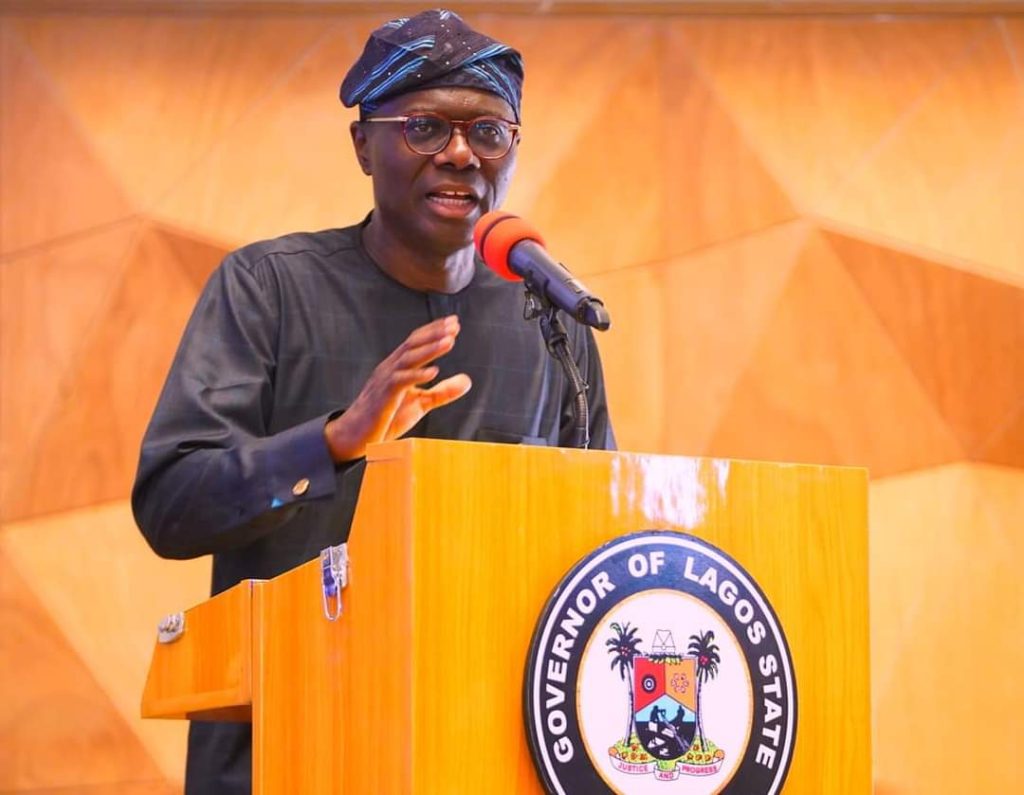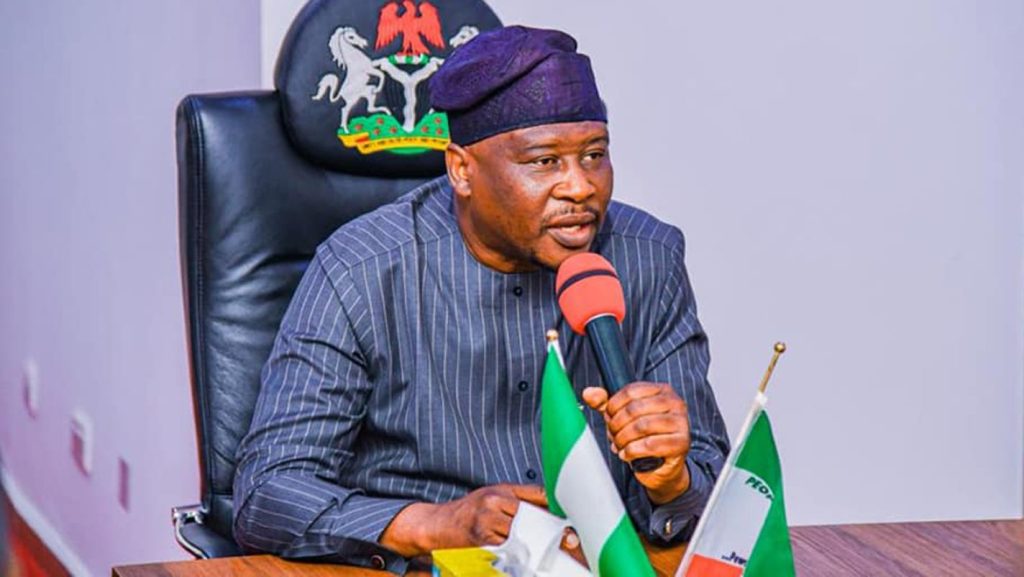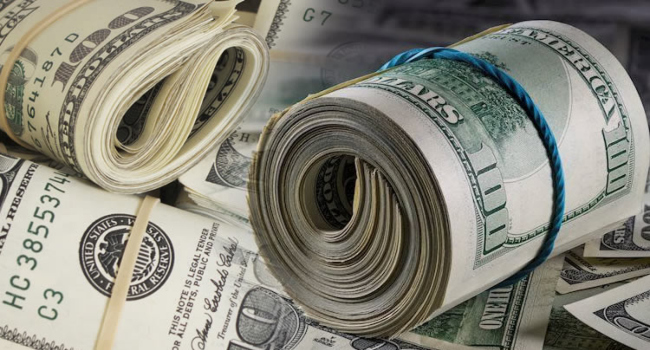The Democratic Republic of Congo (DRC) marked its annual “Genocost” commemoration this weekend, a day of remembrance for mass deaths tied to decades of resource exploitation and conflict. During the event, President Félix Tshisekedi urged lawmakers to formally recognize the violence in eastern Congo as genocide, citing the 1948 UN convention’s legal definition. He pledged to bring the campaign for international acknowledgment to global platforms, including the upcoming UN General Assembly in September.
The term “Genocost,” blending “genocide” and “cost,” originated in 2013 through Congolese diaspora activists in London. It gained traction after a landmark UN report documented atrocities in eastern DRC dating to 1996, implicating neighboring nations like Rwanda, Uganda, and Burundi. This year’s commemoration included the unveiling of a new memorial in Kinshasa, reinforcing efforts to memorialize victims of recurring violence in the mineral-rich east, where fighting has intensified since early 2025.
Eastern Congo’s turmoil, rooted in regional rivalries and competition over resources like coltan and cobalt, traces back to spillover from the 1994 Rwandan genocide. Despite sporadic peace efforts, armed groups—including the resurgent M23 rebels—continue to destabilize the region. Civil society groups argue that foreign exploitation of minerals fuels conflict, with recent reports alleging smuggled Congolese resources enter global supply chains via Rwanda.
While activists welcomed the government’s adoption of Genocost commemorations in 2022, some criticize its limited scope. Gloria Menayame, a legal expert with the Congolese Action Youth Platform, called the national remembrance day a “victory” but emphasized unresolved gaps. “Authorities focus on international tribunals and reparations,” she told RFI, “yet neglect national mechanisms to prosecute crimes. The means exist, but the political will does not.”
Legal scholars note ongoing debates over the term’s applicability. Ithiel Batumike of the Ebuteli research institute acknowledged widespread frustration over the crisis but stressed the need for clearer legal framing. “Congolese people demand an end to this cycle,” he said, questioning why global attention remains scarce compared to other conflicts.
Critics also highlight alleged complicity within Congo’s own leadership. UN reports have named Congolese officials and military figures in connection with wartime crimes, a point Menayame insists must not be overlooked. “Accountability cannot be selective,” she said.
The Genocost movement, symbolized by a renamed square in Kinshasa, seeks an international tribunal to address atrocities. Yet, as the DRC prepares to escalate its campaign on the global stage, domestic challenges—from governance gaps to entrenched corruption—underscore the complexity of achieving lasting justice in one of Africa’s most protracted crises.



